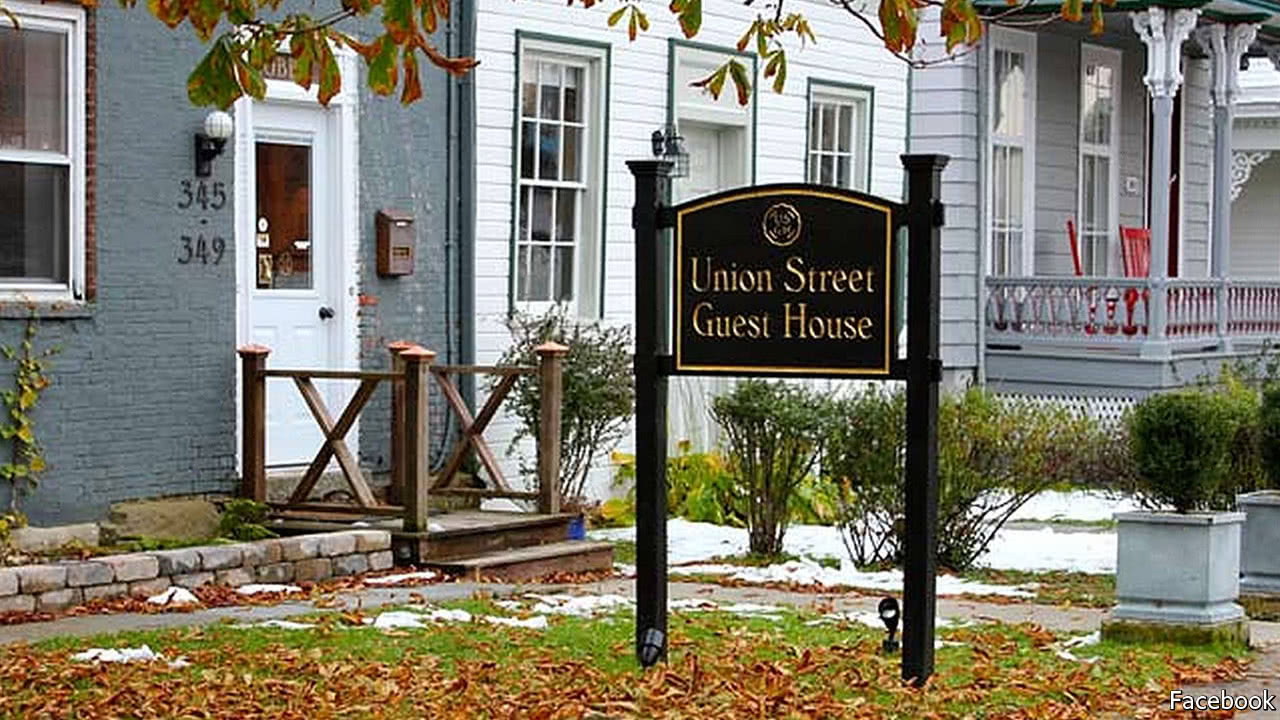
TRAVELLERS have grown accustomed to annoying hidden fees, from the baggage charges that bring airlines tens of billions of dollars a year to the resort fees that account for nearly a fifth of American hotels’ revenue. But a new one that has popped up in recent years might be the most irksome of all due to its sheer perversity: fees for leaving bad reviews.
Last March, a couple arrived at the suite they had booked at the Abbey Inn in Indiana only to find, they claim, a dirty bed, a foul smell, an insect infestation and no hotel employees on the premises to assist them. Upon leaving, they did what so many travellers do these days. They wrote an online review warning others about the hotel’s shortcomings. Sometimes, negative reviews prompt apologies and compensation from their subjects. But in this case, the couple received a letter from the hotel stating that the review was libellous and that they would be sued unless they took it down. They did so, but the hotel charged them an additional $350 anyway.
-
Some hotels charge visitors for bad reviews
-
Paul Romer quits after an embarrassing row
-
Music will miss irascible, unpredictable and prolific Mark E. Smith
-
Five English teams are among the ten highest-earning football clubs
-
Remembering Ursula Le Guin, the true wizard of Earthsea
-
Retail sales, producer prices, wages and exchange rates
The hotel’s justification came in the fine print of a policy document, which stated: “Guests agree that if guests find any problems with our accommodations, and fail to provide us the opportunity to address those problems while the guest is with us, and/or refuses our exclusive remedy, but then disparages us in any public manner, we will be entitled to charge their credit card.” The state of Indiana is now suing the hotel over the charge.
So can a hotel legally coerce guests into leaving only positive reviews or none at all? It is not the first time this question has arisen. The Union Street Guesthouse in Hudson, New York, gained international notoriety a few years ago for a policy charging event hosts $500 for each negative review their guests wrote. California became the first state to prohibit this practice in 2014, and in December 2016, President Barack Obama signed into law a federal ban on these kinds of non-disparagement clauses. (Alas, the law came into full enforcement nine months too late for the couple in Indiana.)
But outside the United States, this kind of coercion may continue. In 2014, a French judge forced a blogger to pay €2,500 after a negative review she wrote of a restaurant appeared too prominently in Google search results. The judge also told her to change the headline of her post so it would become less easy to find. Still, for the hotels and other institutions that pursue this kind of aggressive public-relations manipulation, it can also backfire. Just look at the hotel in Hudson, New York. After it attracted widespread mockery for its policy, it received a slew of one-star reviews. The hotel had a 1.5-star average on Yelp when it finally shut down in May 2015.
Source: economist
Some hotels charge visitors for bad reviews